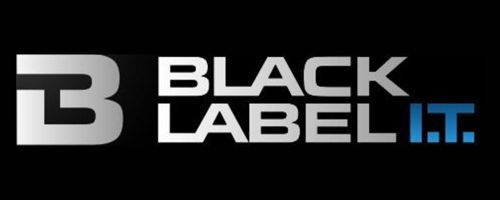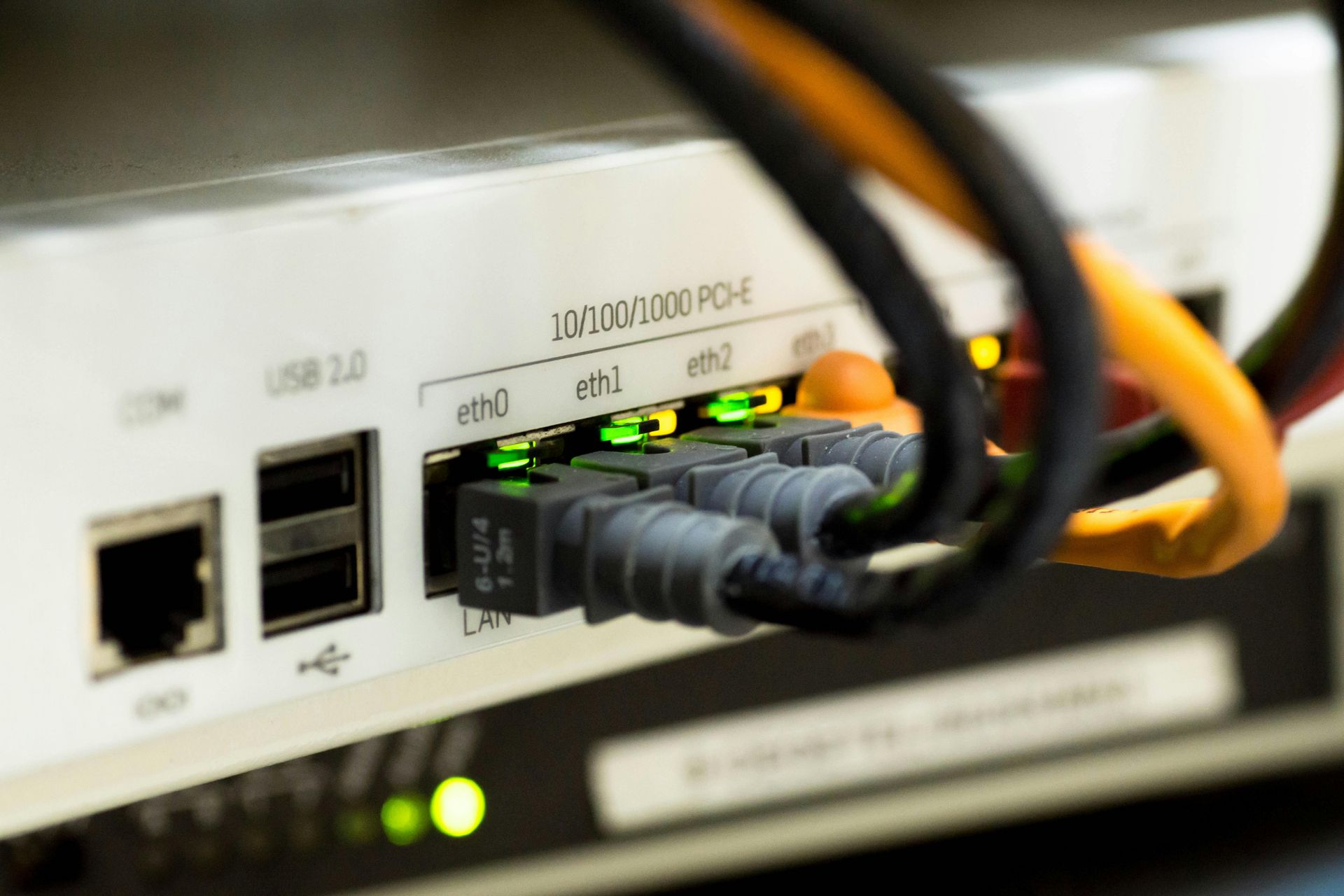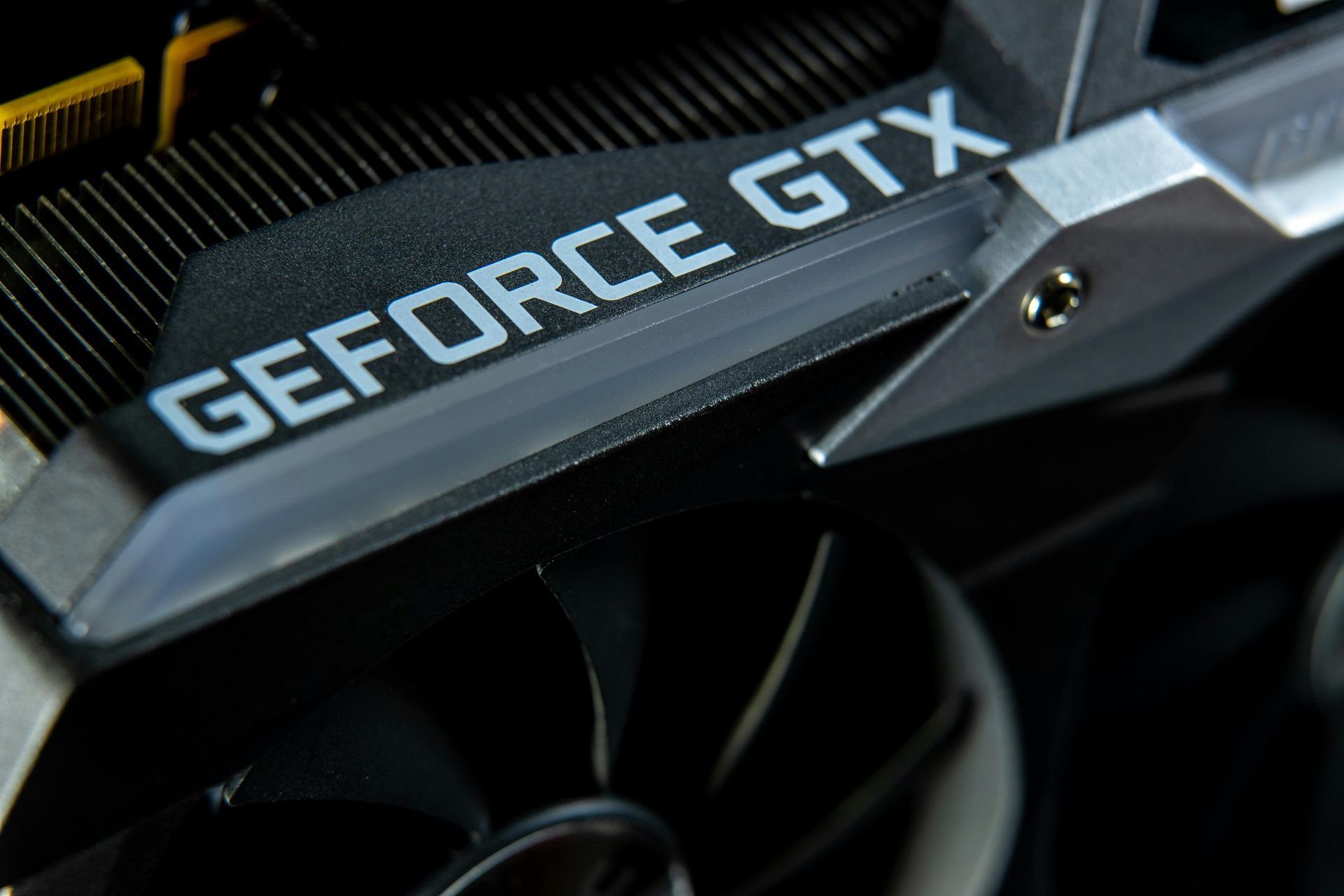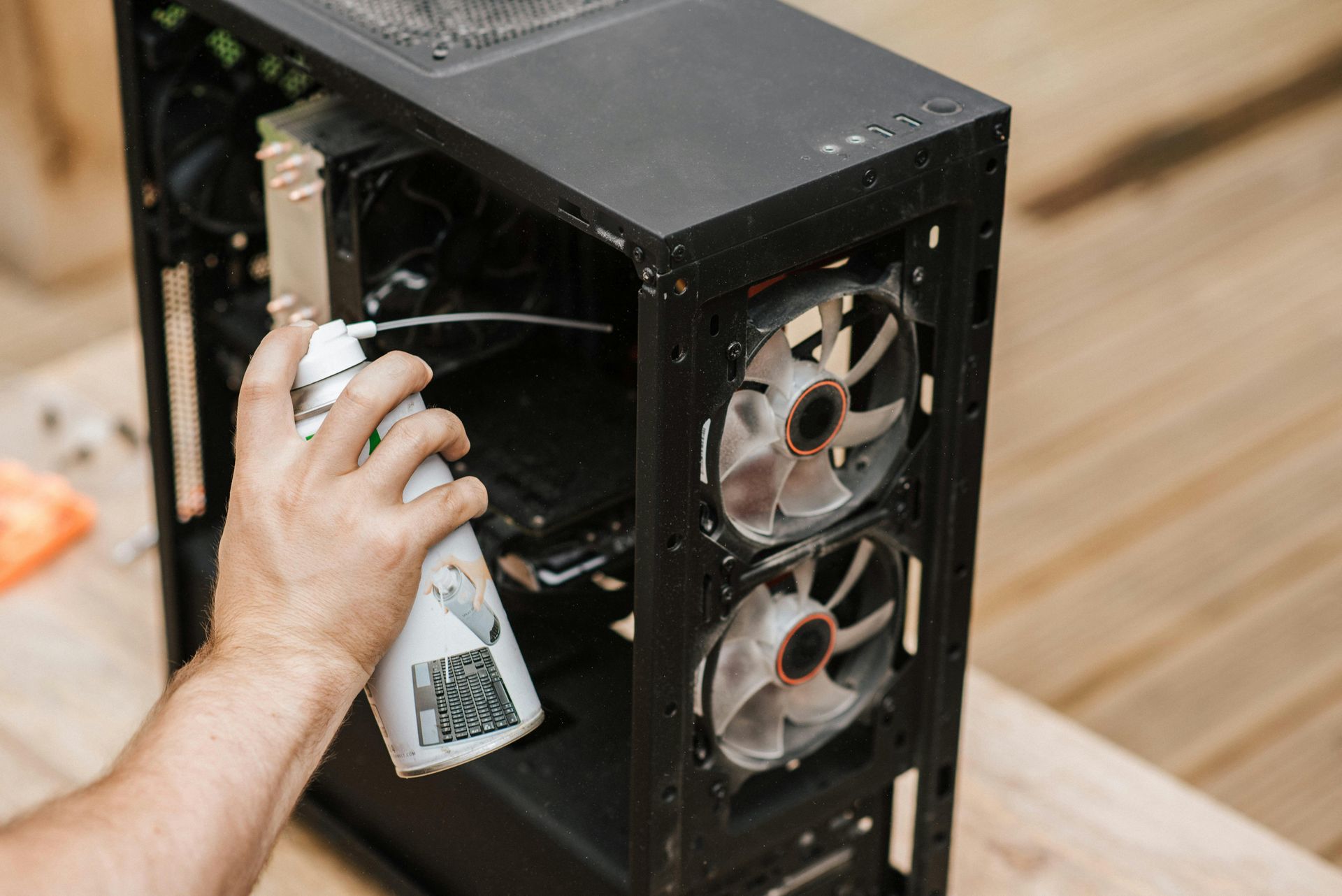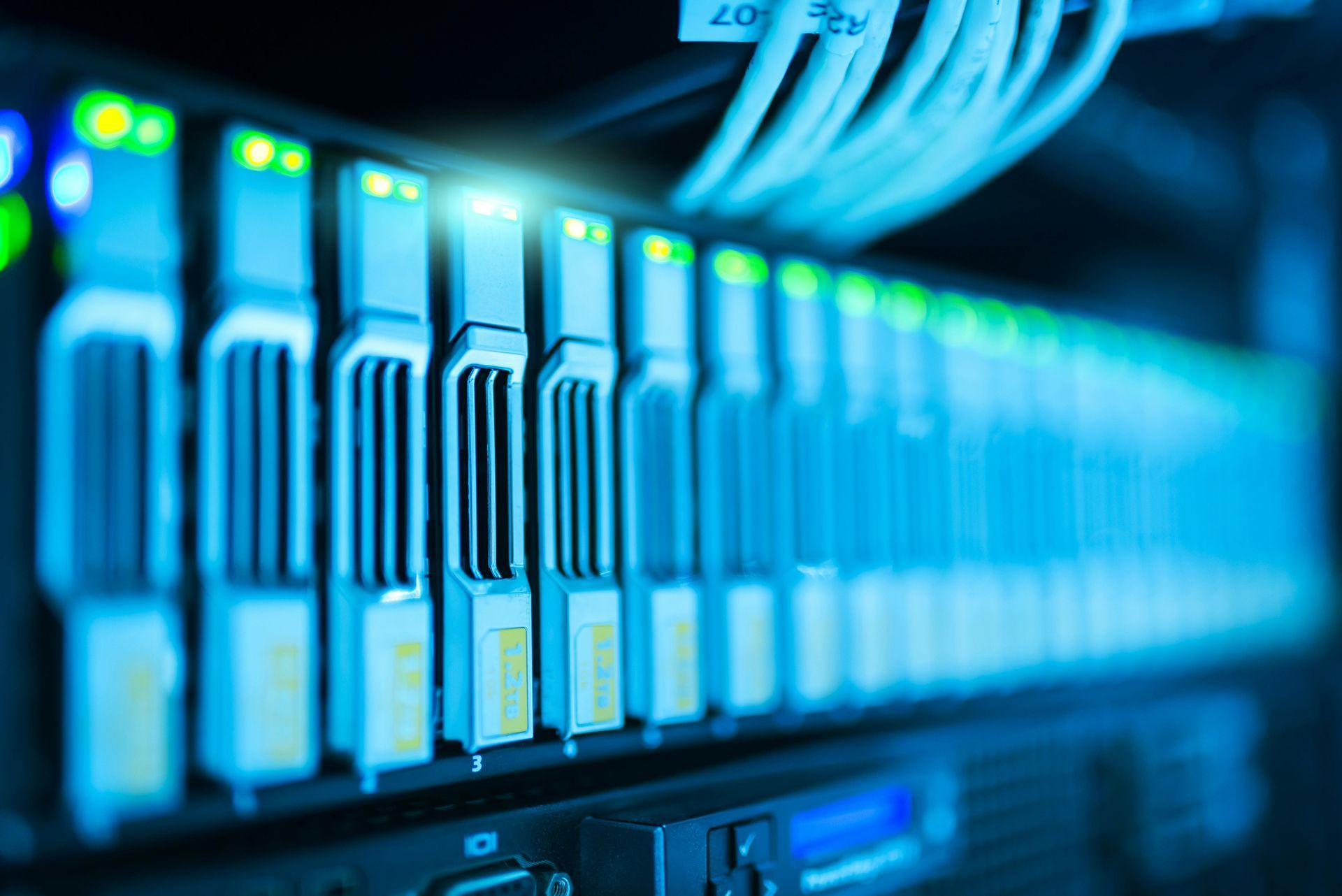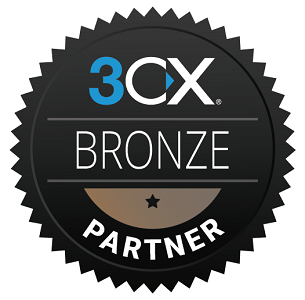SSD vs. HDD: Which is Better for Your Needs?
Understanding the Key Differences and Choosing the Right Storage Solution
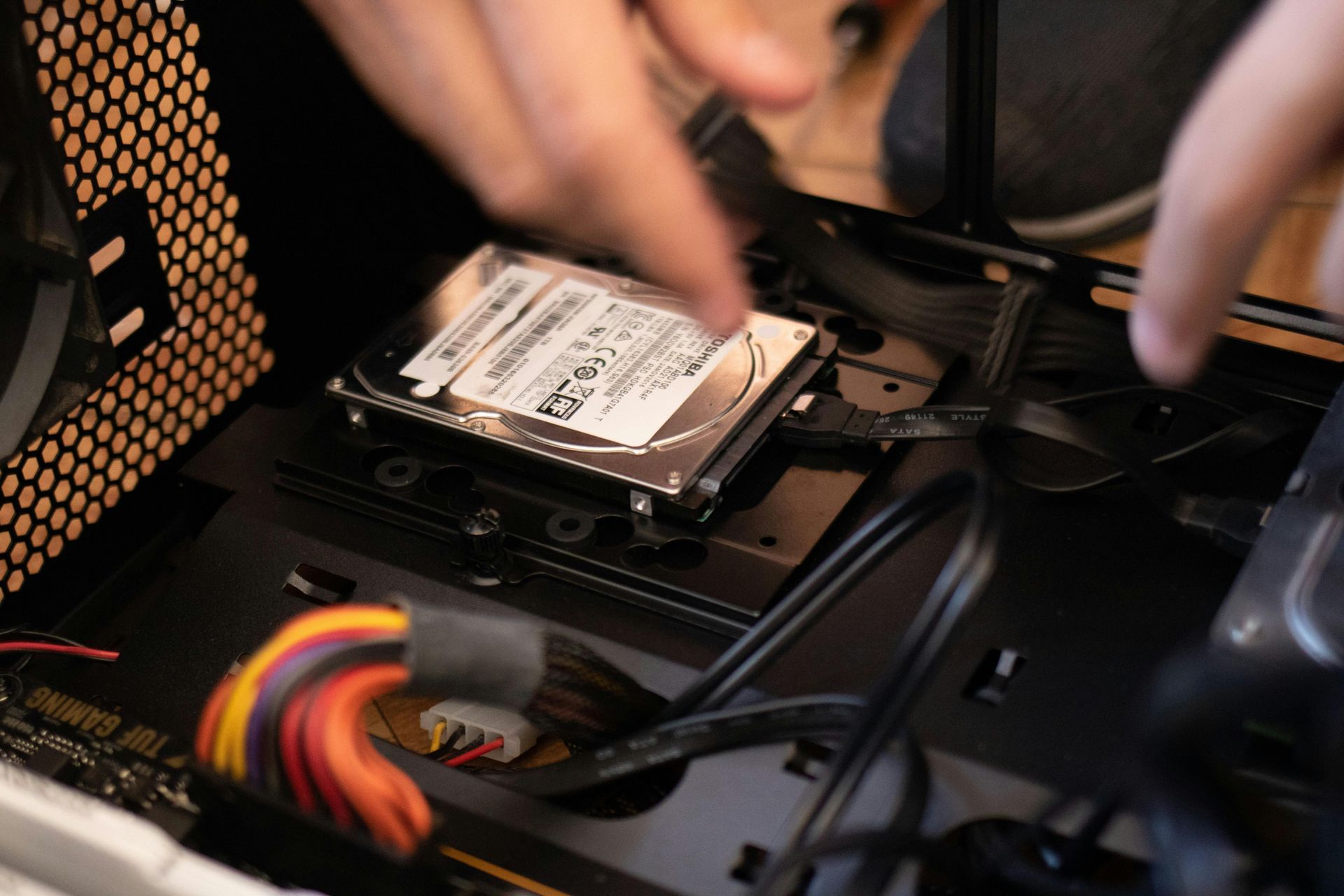
1. Introduction
When it comes to computer storage, the choice between a Solid-State Drive (SSD) and a Hard Disk Drive (HDD) can significantly impact performance, durability, and cost. While SSDs offer speed and efficiency, HDDs provide larger storage capacity at a lower price. This guide will help you determine which storage option best suits your needs.
2. Performance and Speed
-SSDs (Solid-State Drives) – SSDs use flash memory, enabling them to access and transfer data much faster than HDDs. This results in:
- Faster boot times
- Quick file transfers
- Reduced loading times for applications and games
-HDDs (Hard Disk Drives) – HDDs use spinning magnetic disks, making them significantly slower than SSDs. However, they are still a viable option for storing large amounts of data affordably.
3. Durability and Lifespan
-SSDs – Since SSDs have no moving parts, they are more resistant to physical damage, making them ideal for laptops and portable devices. They also have a longer lifespan when handling frequent data access.
-HDDs – The mechanical components in HDDs make them more susceptible to wear and tear, especially in mobile devices where physical movement can cause damage.
4. Storage Capacity and Cost
-SSDs – While SSD prices have decreased over the years, they still cost more per gigabyte compared to HDDs. High-capacity SSDs (e.g., 2TB or more) can be expensive.
-HDDs – HDDs provide a much cheaper cost per gigabyte, making them ideal for mass storage needs such as backups, media libraries, and archival data.
5. Power Consumption and Noise
-SSDs – Consume less power and generate minimal heat, making them perfect for laptops where battery life is a priority. They also operate silently.
-HDDs – Require more power and generate heat due to their moving parts. They also produce noise, which can be noticeable in quieter environments.
6. Use Cases: Which One Should You Choose?
-Go for an SSD if you need:
- Faster system boot-up and application performance
- A reliable drive for frequent data access
- A silent, power-efficient storage solution
-Choose an HDD if you need:
- Large storage capacity at an affordable price
- A drive for backups or long-term file storage
- A budget-friendly option for general data storage
7. Hybrid Storage Solutions
Many users opt for a combination of both SSD and HDD to balance speed and capacity. A common setup includes:
- SSD as the primary drive for the operating system and frequently used applications
- HDD as a secondary drive for storing large files, backups, and media
8. Future Trends in Storage Technology
- NVMe SSDs – Even faster than traditional SATA SSDs, these drives utilize PCIe lanes for high-speed data transfer.
- Cloud Storage Growth – More users are leveraging cloud solutions, reducing dependency on local storage.
- Larger SSD Capacities – As SSD prices continue to drop, high-capacity drives are becoming more accessible.
9. Conclusion
Choosing between an SSD and an HDD depends on your specific needs. If speed, durability, and efficiency matter most, an SSD is the best choice. If you require large storage at a lower cost, an HDD remains a viable option. For the best of both worlds, a hybrid setup can provide the ideal balance between performance and capacity.
Drop into our shop for expert advice on selecting the best storage solution for your needs and budget.
